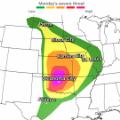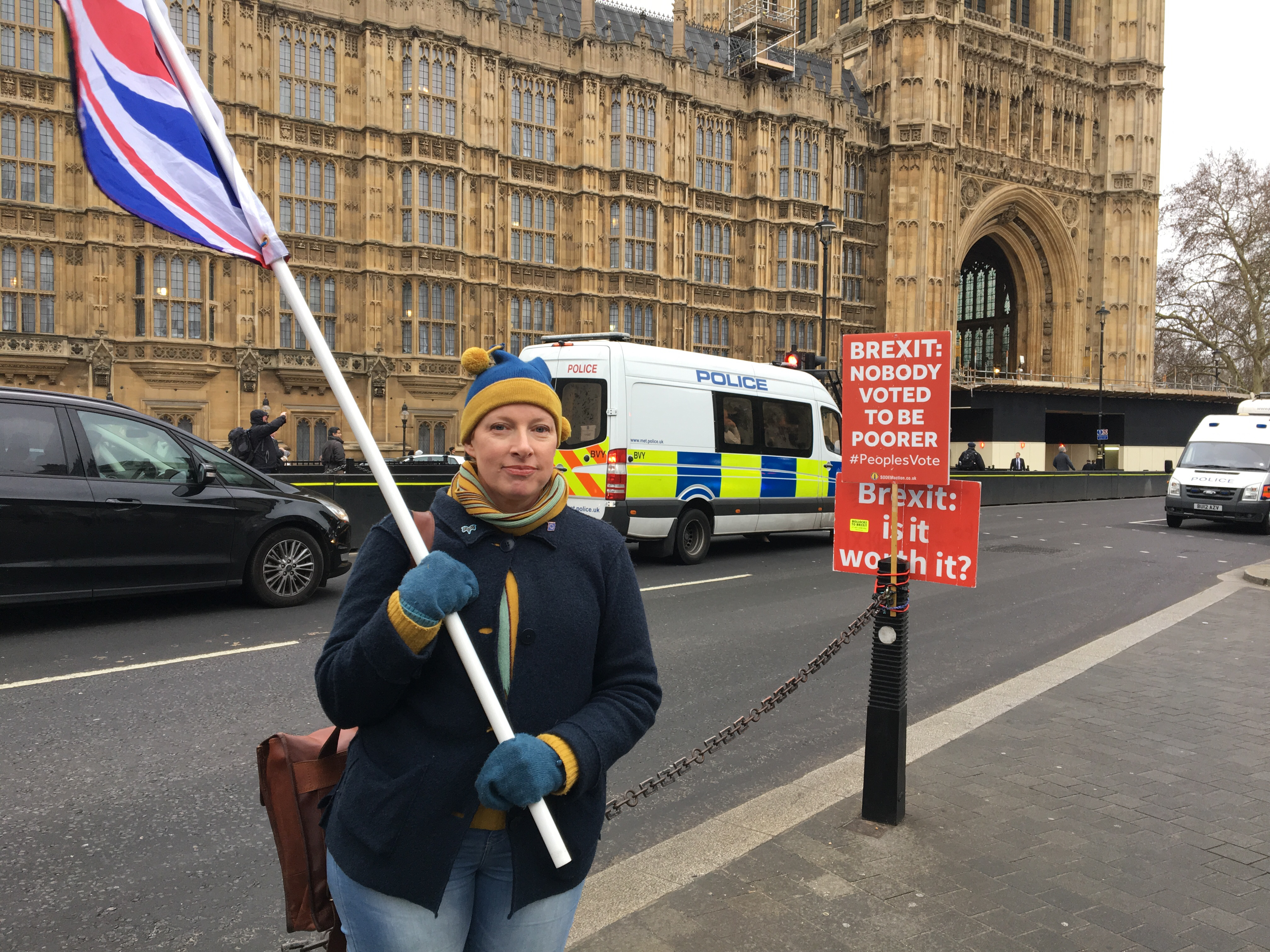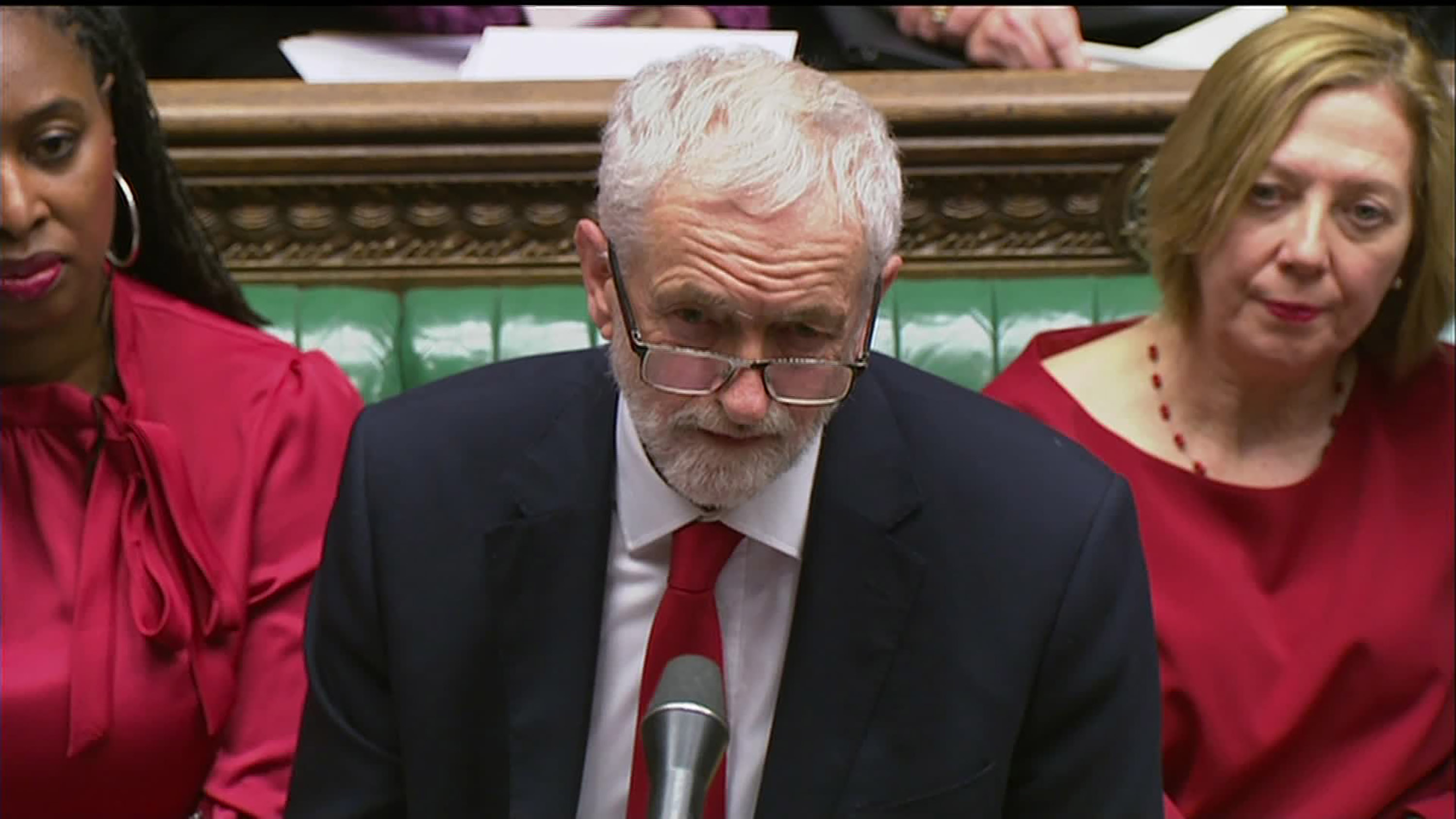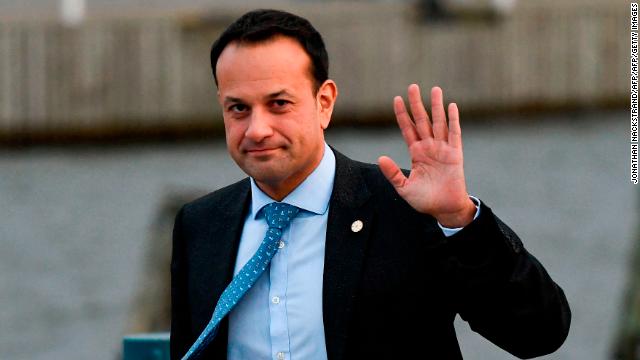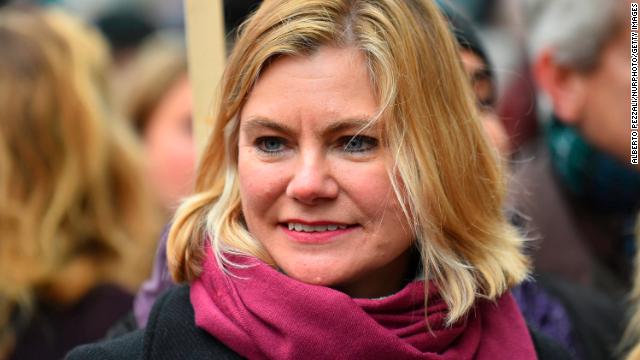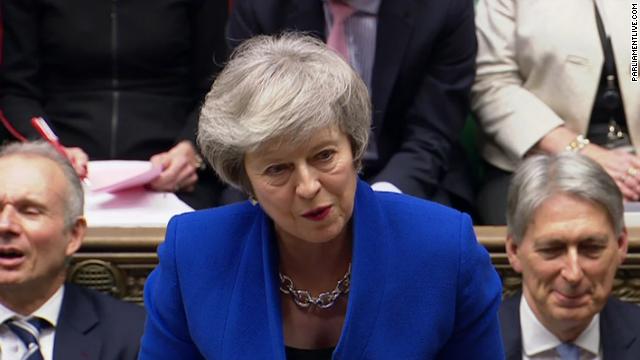Theresa May's government will face a no confidence vote in the House of Commons later today.
Here's how that is likely to play out:
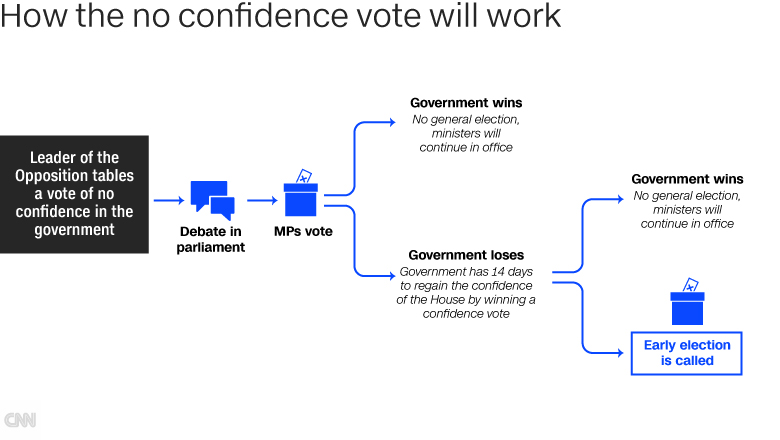
May is widely expected to win the confidence vote, as Conservatives and members of the DUP who were instrumental in the defeat of her Brexit deal less than 24 hours ago rally behind her.
The last time a UK government was defeated in a confidence vote was March 1979, when then opposition leader Margaret Thatcher challenged Labour PM James Callaghan.
The vote -- which Callaghan's government lost by a single vote -- forced him to dissolve parliament and call an election, which Thatcher's Conservatives won.




